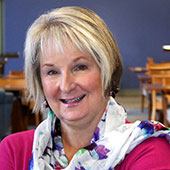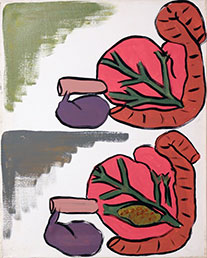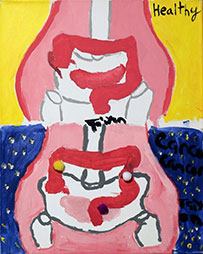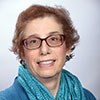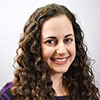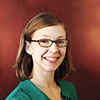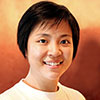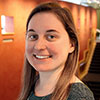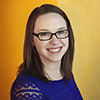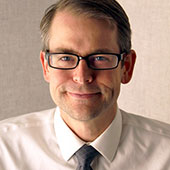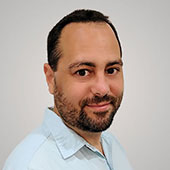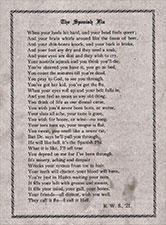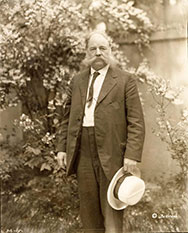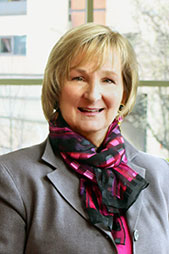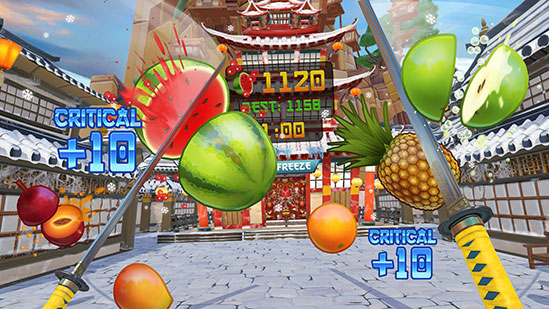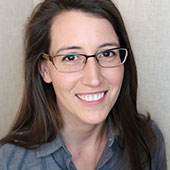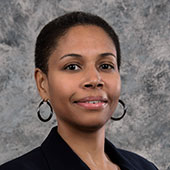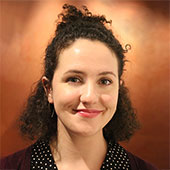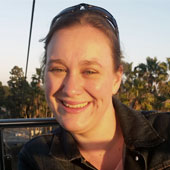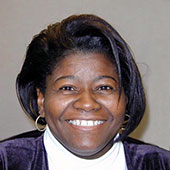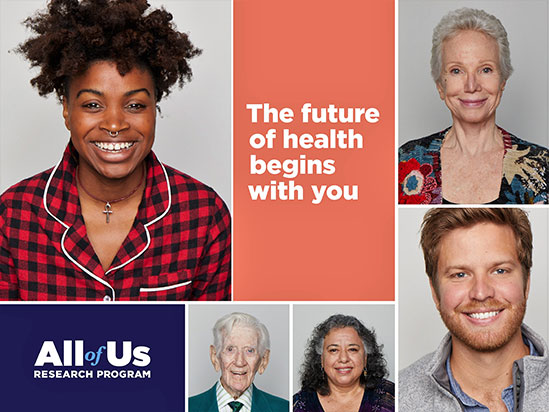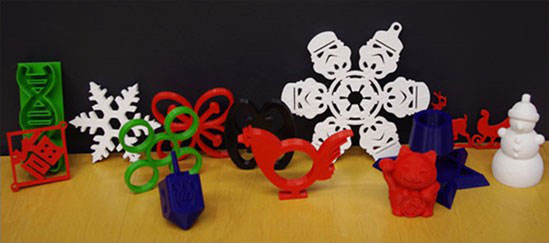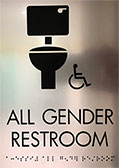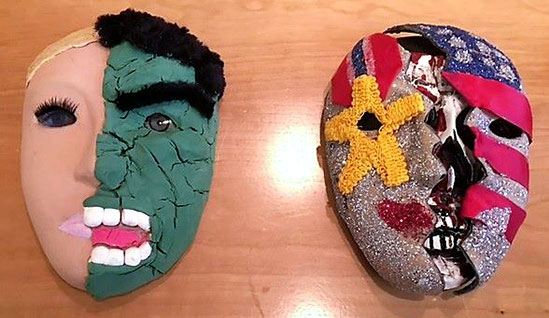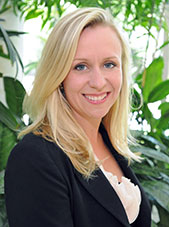“The Spanish Flu,” a poem from The Mirror yearbook, 1919, written by Richard W. Schafer, Baltimore College of Dental Surgery (B.C.D.S.), class of 1921. The B.C.D.S. became part of the University of Maryland in 1924.
The “Spanish Flu,” as the Influenza Pandemic is known, was a worldwide pandemic that caused 50 to 100 million deaths, including about 675,000 mortalities in the U.S. The flu hit the U.S. in three waves: the first in the spring of 1918, the second and deadliest later that fall, and the third and final in the winter of 1918-1919.
Brought by military transport ships, the pandemic reached the Baltimore region in Sept. 1918, with the first cases reported in the Baltimore Sun on Sept. 24 at the military camps around the city. Civilian contract workers employed at Fort McHenry, Aberdeen Proving Grounds, Camp Holabird, and Camp Meade brought the flu into the city. By Sept. 28, the first civilian cases were reported at Mercy Hospital.
Dr. John D. Blake, a photograph from the HS/HSL’s Historical Collections Department. Dr. Blake was Health Commissioner for the City of Baltimore during the 1918 Flu Pandemic, an 1875 graduate of the College of Physicians and Surgeons, and clinical professor of surgery at the University of Maryland, School of Medicine.
Initially, the city health commissioner, Dr. John D. Blake, College of Physicians and Surgeons class of 1875, urged civilians not to panic and refused to pass ordinances regulating civilian life. He claimed the virus was nothing doctors had not successfully treated for years. Dr. C. Hampson Jones, chief of the communicable diseases bureau of the Maryland Board of Health and professor of hygiene and public health at the UM School of Medicine, supported Dr. Blake’s claims, indicating there was no cause for alarm. Both doctors’ actions were similar to those of other health officials across the nation. With the country engaged in World War I, official policy was to limit panic and maintain focus on the war effort.
A week and a half after the initial cases hit the city, the number of flu victims exceeded the number of hospital beds in the city, and hospitals began turning patients away. Although emergency hospitals were opened in the city, many suffered at home without medical attention. World War I had also called up doctors and nurses to serve overseas or at training facilities in the U.S. Those who remained in the city were heavily overworked, and many fell ill themselves, catching the virus from their patients. With these shortages, health professionals were in such high demand that ads for nurses in the local papers offered up to $100 a week.
On Oct. 8, the superintendent of schools, C.J. Koch, defied Dr. Blake’s direction and closed all public schools. Koch cited a total of 30,000 student and 208 teacher absences on Oct. 7 alone. Worker absenteeism was also rampant across the city.
On Oct. 9, U.S. Surgeon General, Dr. Rupert Blue, UM School of Medicine Class of 1892, issued a public health ordinance closing theaters, public schools, colleges, dance halls, and other public places. Dr. Blake complied by closing public buildings and prohibiting public funerals. He also restricted store hours and asked the streetcar operator to limit overcrowding and ensure proper ventilation in its streetcars. By October 11, churches and poolrooms were also closed. Saloons remained open at reduced business hours, owing to the belief that alcohol provided medicinal powers.
Incidence of Spanish flu peaked in Baltimore on Oct. 10, with 1,962 new cases of recorded. On Oct. 16, the city recorded over 200 deaths, the highest daily death rate for the flu pandemic in Baltimore. The surge in deaths caused a shortage of coffins and took a toll on undertakers. Entire families were lost to the flu, and burial expenses became unbearable for some. To alleviate this problem, Mayor James H. Preston committed $25,000 to help the poor bury their loved ones. The health department also recruited 50 workers from other services and departments to help dig graves. The flu hit the poor and minorities the hardest. Immigrants in overcrowded, unsanitary housing in East Baltimore and African Americans restricted to black-only hospitals suffered especially high mortality rates.
At one point, 175 bodies remained unburied or only partially buried at Mount Auburn Cemetery, a traditionally African American cemetery. Some bodies lay piled up for days. On Oct. 27, 342 soldiers from Camp Meade arrived to help bury the dead at the cemetery. They worked until midnight to ensure all had been properly buried.
The experience of the University of Maryland during the pandemic is largely undocumented and somewhat lost to history. In 1918, the University included the School of Medicine, the Training School for Nurses (predecessor of the School of Nursing), School of Pharmacy, School of Law, and the School of Dentistry. While there were a few deaths and illnesses among faculty and students, most existing documents express less concern about the flu than frustration over the war and the disruption caused by the Student Army Training Corps. Like other schools in Baltimore, the University cancelled classes for roughly three weeks during the height of the epidemic.
As flu cases declined, Dr. Blake began lifting the bans he had placed on the city. On Oct. 26, stores could be open for extended hours and places of entertainment could reopen for limited periods. Two days later, churches and other places of worship could reopen. Finally, on Nov. 3, schools reopened.
The city would remain open throughout the third wave of infection despite some spikes in flu cases. In total, the city lost 4,125 people to the flu out of an estimated 24,000 total cases. Baltimore had the fourth largest percentage of population loss among major U.S. cities, following Philadelphia, Fall River, MA, and Pittsburgh. Life expectancy across the U.S. fell by 12 years as a result of the flu pandemic.
